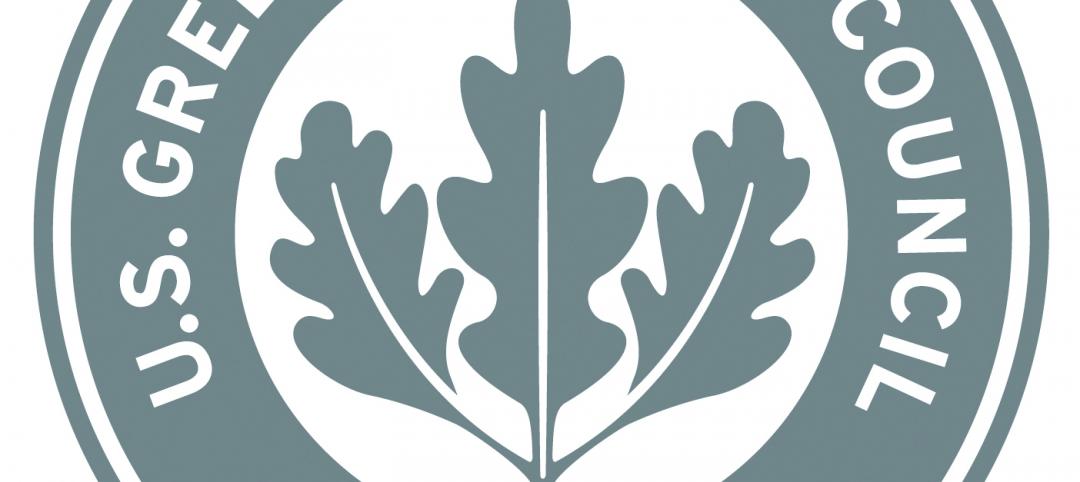Building on a robust “Buy American” policy established by the Trump Administration, President Joe Biden recently signed an executive order to update a process for choosing domestic products for federal procurement.
Biden’s action directs agencies to close loopholes in how domestic content is measured and increase domestic content requirements. It replaces the component test used to identify domestic end products and construction materials with a test that measures domestic content by the value added to the product through U.S. production or U.S. job-supporting economic activity. This will increase the numerical threshold for domestic content requirements for end-products and construction materials.
Biden’s action will also increase the price preferences for domestic end-products and domestic construction materials. The order does not provide specific numbers for domestic content requirements or domestic price preferences. It is unclear how much the percentages will increase.
The executive order creates a Made in America Office under the Office of Management and Budget to update and centralize the Made in America waiver process. This is meant to increase oversight of potential waivers of domestic preference laws.
Related Stories
| May 31, 2012
Natural gas industry opposes federal carbon-neutral construction rule
The natural gas industry and some allies are working to block a federal green building rule that was expected to be a national model for carbon-neutral construction.
| May 31, 2012
Lawsuits push the legal boundaries of green building definition
This article explores some legal issues stemming from lawsuits in which plaintiffs have charged developers with not delivering on a promised level of sustainability.
| May 31, 2012
ANSI approves Green Building Initiative’s design standard
The Green Building Initiative (GBI), a Portland, Ore. nonprofit organization, has had its new consensus-based standard for the design, construction, and operations of environmentally friendly buildings approved by the American National Standards Institute (ANSI).
| May 31, 2012
USGBC testing Minnesota buildings to see if they are living up to LEED standards
The Minnesota chapter of the U.S. Green Building Council (USGBC) has teamed up with EnergyPrint, a St. Paul, Minn. energy consulting firm, to study the energy and water use of more than 150 buildings in the state that have LEED certification.
| May 29, 2012
Reconstruction Awards Entry Information
Download a PDF of the Entry Information at the bottom of this page.
| May 25, 2012
Major retail chains welcome LEED Volume option
Large national chains such as Starbucks, Marriott, Verizon, and Kohl’s are welcoming the LEED Volume Program that enables them to batch certify similar projects.
| May 25, 2012
Alaska’s okay of gravel aggregate with naturally occurring asbestos opens up development
Some long-delayed projects in the Upper Kobuk region of Alaska may now move forward thanks to legislation that allows construction in areas that have naturally occurring asbestos.
| May 25, 2012
Las Vegas building codes may thwart innovative shipping container development
A developer wants to build a commercial development out of steel shipping containers in Las Vegas, but city codes would have to be altered or the project would have to obtain waivers for it to receive the city’s go-ahead.
| May 25, 2012
Collapse of Brooklyn building that killed worker blamed on improperly braced frame
The Occupational Safety and Health Administration cited SP&K Construction with 11 safety violations, for which it could face more than $77,000 in fines.











